
In a political environment Croatia is finding itself these days, where anything seems possible – where major political parties of either centre, right and left ideological persuasion (who have held governments either in their own right or as minority-governments) are seeing alarming falls in popularity as well as acceleration of infighting within the political parties; where new political parties or movements are popping out of the grassroot public ground like mushrooms after autumn rains; where independent candidates for general or presidential elections pop out of their relative political anonymity randomly like Jack-in-a-box – it seems just about everyone in the country wants to run for the president (elections due late December 2019). So far there are 11 candidates who have announced their candidature and even a fairly conservative list of potential candidates stretches beyond a dozen names as more Pantovcak (Office of the President of Croatia) hopefuls are likely to swell the already ridiculously large and politically erratic and rather politically amorphous heap of candidates.
At this stage of building-up momentum to official election campaigns that start once the official list of candidates is published it is difficult to gauge which individual that has announced his/her candidature is “the real deal” for Croatia and which candidate is just trying to raise their public profile to be utilised at 2020 general elections or is actually serious about running for president. Some perhaps don’t even know where their testing of the waters will lead; for some it is like the proverbial throwing one’s hat in the ring and come what may!
Typically, having strong credentials and success as leader (either in branches of executive government, in strong political parties or movements, having a leading role in active and successful military defence of country, or the corporate or large organisations world and the like) is, one would agree, a good steppingstone to the presidency of one’s country. Being a Mayor of a city or town, being a political activist either as part of specific causes associations or as an individual, being an office-bearer in a political party led by others would not under such standards for a good presidency be considered a key qualification for the presidency.
But there is nothing typical about Croatia 2019! Croatia has a long way to go in lining its socio-political main artery with the values and aims that drove the 1990’s Homeland War and the country’s absolute secession from communism (Yugoslavia). To achieve this the president of the country must, besides above mentioned qualifications of a leader, possess personal virtues, morality, commensurate with the said values and aims, otherwise the state of perpetual widespread claims that Croatia is not yet free and independent despite its military victory in Homeland War against the Serb aggressor is likely to result in the typical for Croatia actually being the typical of the EU and not the Croatian people who fought for and shed their blood for independence.
And so, together with possessing good qualifications for the presidency, it is widely maintained throughout the developed democracies that a president of a country must possess and must have demonstrated high personal virtue – morality – that is tightly in tune with the people and the direction a country must take in order to be a good place for all the citizens to live in. While some may disagree with the view that moral virtue is important for presidency one would find it difficult in disagreeing with the view that president whose decisions are not grounded in the right sort of ethical values may be less well-equipped to respond well – and, more importantly, might be frighteningly unpredictable in his or her responses. Political ethicists have emphasised the ways in which democracies can fall apart in the absence of personal virtue. Conservative thinkers throughout developed democracies, in particular, have argued that political institutions can only function when all those who participate within them are capable of compromise and of self-government. Rules, to put it simply, don’t work unless people governed by those rules care about them and voluntarily choose to abide by them.
A true or dedicated leader with high moral values is likely to pay particular attention to the values and mission that have been established in the foundation of the country he/she leads. In Croatia’s case the foundation values, which were underpinned by Franjo Tudjman’s vision of reconciliation between all foes (particularly WWII communists and anti-communists), may be summarised as defending the sovereignty of and democracy in a national Croatian state (made up of Croats as vast majority) and among Croatian people wherever they lived. Tudjman died in December 1999, a mere year after the Homeland War officially ended, and had not lived long enough to complete the task set out in the beginning, when secession from communist Yugoslavia was whole-heartedly supported by 94% of democratic votes at referendum on same issue. And hence, from year 2000, the tables started turning against the very idea of a Croatian democratic and sovereign state as former communists including those who rejected independence movement in the first place or never spent a day on the battlefields for Croatia or never made any type of contribution towards it, increasingly occupied key positions of power. That is, former communist mindset and habits of corruption and nepotism continued thriving as more and more former communists held onto power or were injected into powerful positions on grounds of political suitability. This would have been the ground rather easily cultivated since the very Constitution of the Republic of Croatia lists WWII antifascists (communists) as parts of the foundation for independent Croatia! Yet WWII antifascists fought to keep Croatia within the borders of Yugoslavia, against which multitudes of Croats died and fought against for decades upon decades.
And so we come to this day and the political environment in Croatia where it is imperative for the progress of democracy and living standards to shed decisively the remnants in legislation and public administration and practice all that defined the communist Yugoslavia regime. But the leaders of Croatia in positions of power fail miserably in condemning the totalitarian communist regime of the past while condemning the WWII Ustasha regime. At times the lunacy in this is painfully transparent: it’s as though the same leaders hold the view that by condemning the communist regime (which purged hundreds of thousands innocent Croats) they would be seen as some kind of historical revisionists who are on the trail of minimising the crimes that are said to have been committed by the WWII Independent State of Croatia. And yet, if one asks the people of today one would find that majority believe both regimes should be condemned or brushed off with the same brush when it comes to victims; all victims should be recognised as such and Croatia to open a new slate for a healthy future. But no, this is not of interest particularly to the hordes aligning themselves with the justifiers of communist crimes in particular (given that crimes pinned to the Ustashi regime have been and continue to be addressed openly if not politically twisted).
Among the current candidates who have their eyes set on future presidency there are three individuals whose platforms, opinions, reactions etc. are constantly present in the mainstream and other media like a revolving door that slaps important national issues into a ridiculous circus so that the people never really get a grip on what and how an individual candidate will fix things for a country on steep economic and demographic decline and how the values of the Homeland War will again be brought into the national focus.
The three candidates that are receiving most media attention are Kolinda Grabar Kitarovic (current president), Zoran Milanovic (former Prime Minister, former League of Communists operative and former leader of Social Democratic Party) and Miroslav Skoro (a popular musician and singer, a businessman, former member of parliament and diplomat from the HDZ/Croatian Democratic Union Party from which he has estranged himself as member in recent years). Kolinda Grabar Kitarovic continues to appear as a personality whose opinions on important matters are adjusted to the audience she is addressing at any one moment; she talks of returning Croatia to the values set by the first president of Croatia Franjo Tudjman and yet fails to spell those values out or lay out the plan of action, at least roughly. Zoran Milanovic is hotting-up the waters for continued animosities and recriminations between former communists and former anti-communists, leaning favourably to the former communist beat; nothing good for Croatia can come out of this just as nothing good came out from his Prime Ministership out of which he exited with a shattering political demise within his own party. Miroslav Skoro for the time being reminds one of the “Lone Ranger” except for the fact that he appears as actually having no strong convictions regarding the credence of the values of Homeland War and may like the above two play for all teams (left and right and centre). None of these candidates give the impression that the crisis Croatia has been in for the past few years (economic, demographic, ideological…) has sunk in. None of them offer any concrete steps they would undertake as president to fix things. As for the other candidates so far in the race there is a mixture of the above but all, without exception, want to “save Croatia!”. It’s time Croatia stops acting as a victim, which it was, and starts decisively implementing the values of the Homeland War, which by the way, are succinctly contained in Franjo Tudjman’s 30 May 1990 speech at the Inaugural Assembly of Croatian Parliament in which he listed the crucial tasks to be done in order for a democratic and independent state of Croatia to function! Nothing else or different will save Croatia! Ina Vukic



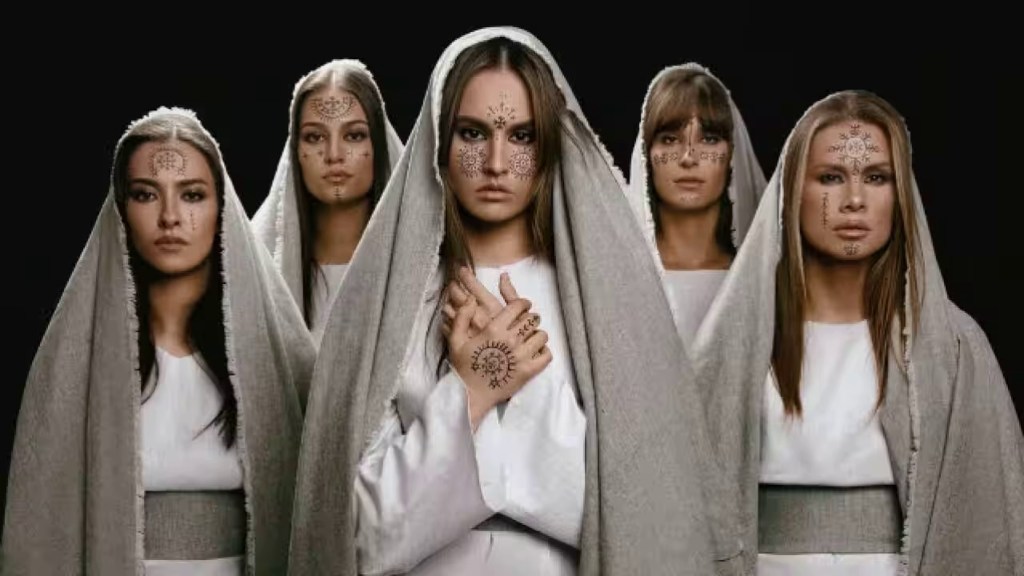
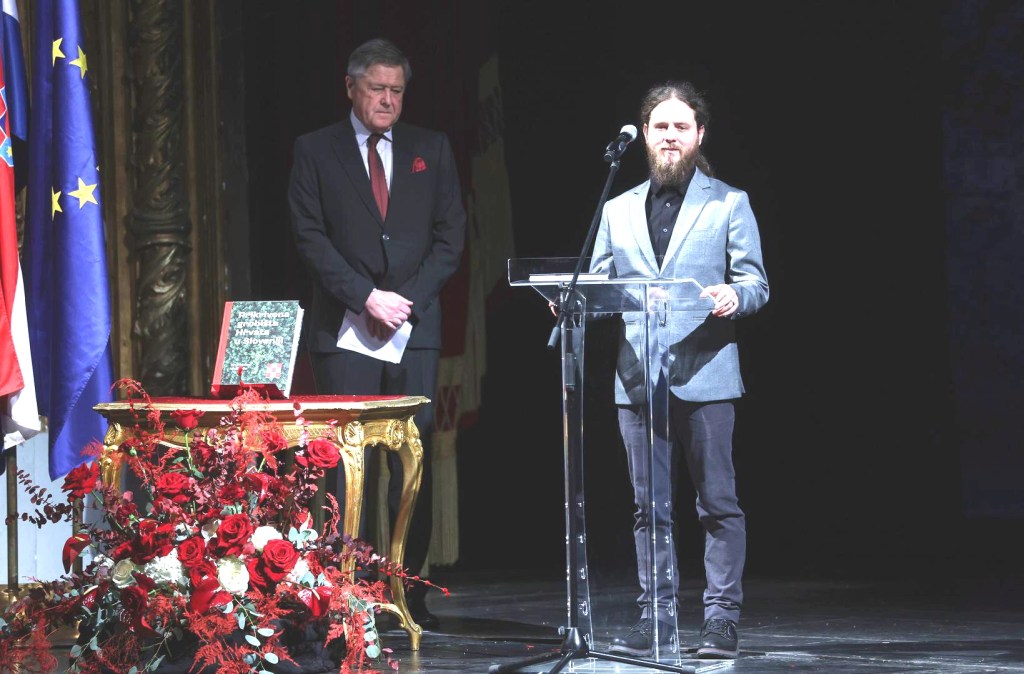
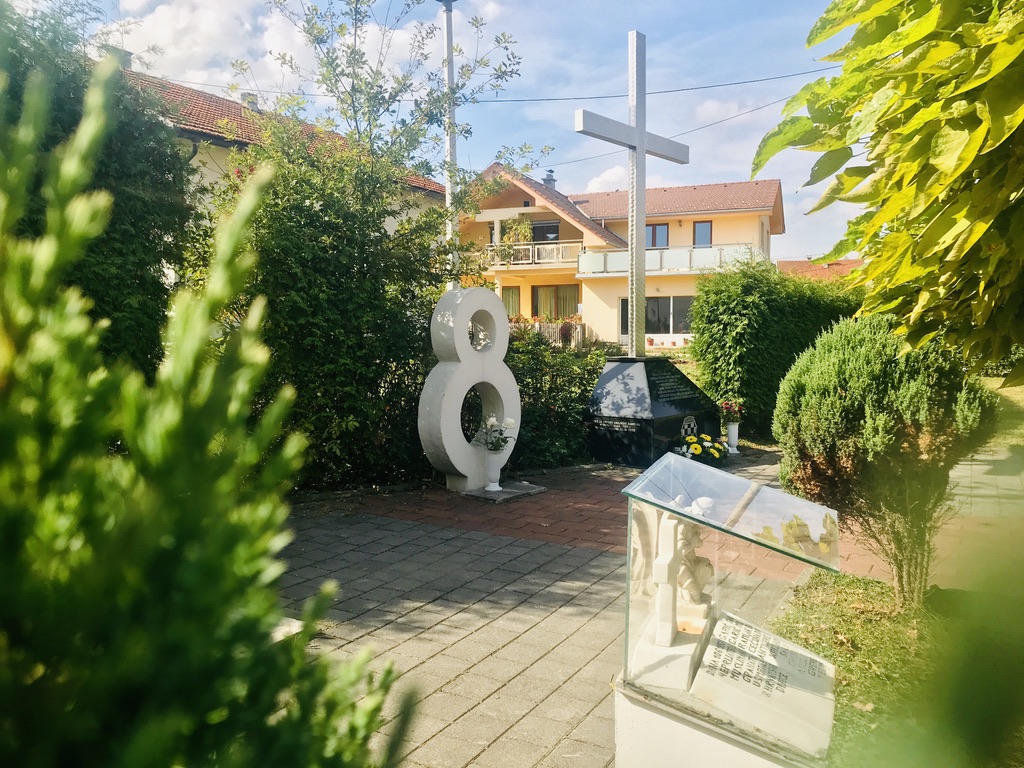
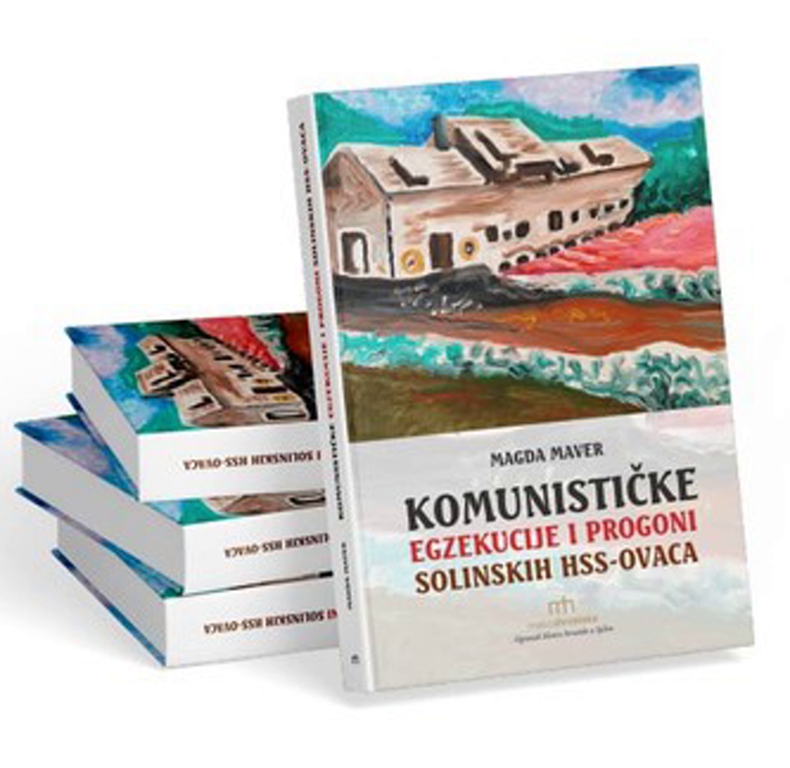

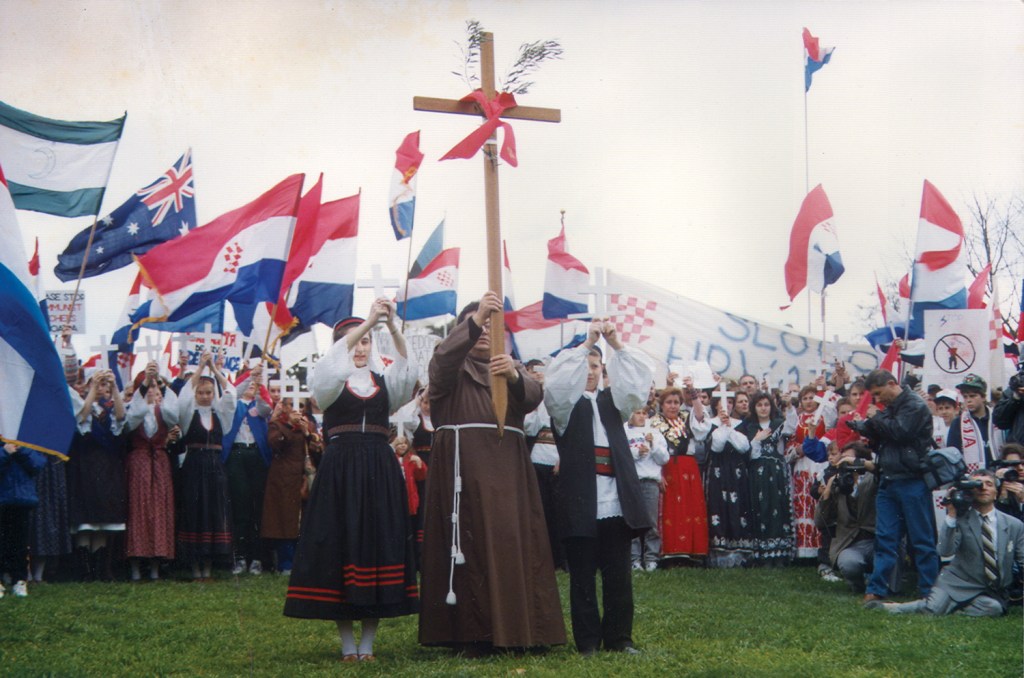
Leave a reply to inavukic Cancel reply